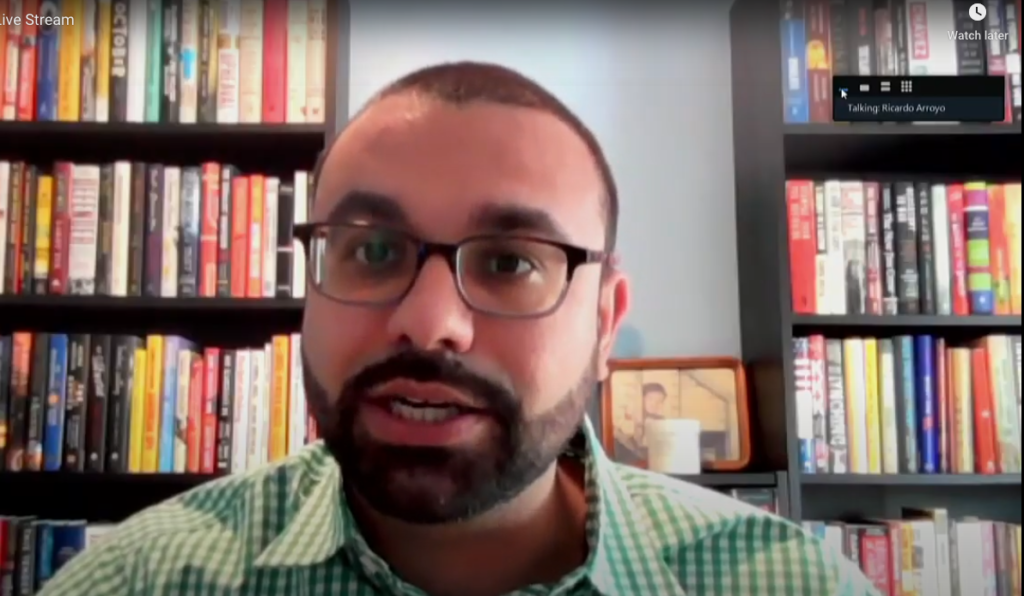Arroyo files for police court overtime slips
Officers can earn a minimum of four hours overtime pay for court visits

Amid increased scrutiny of city spending on the Boston Police Department (BPD), City Councilor Ricardo Arroyo is requesting data on court overtime slips issued to officers who appear in court in order to determine how much time they’re spending there and why.
Arroyo’s 17F order, which by law requires the BPD to return the information within 10 days, asks for the date, name, ID number and docket number of each case and officer involved.
“If you go onto the database for [Massachusetts] courts, and you insert a docket number, you can actually get the document itself, so it’ll show you this date was a discovery date, this date was a hearing date, this date was a trial date,” Arroyo told the Banner. “I don’t know how big this list is going to be, it could be very large. So it could be more of a long-term project,” he said.
The order calls for court overtime slips from January 2014 to December 2019.
Arroyo says that based on his experience as a public defender in Roxbury, he does not see a reason for an officer to come in on a discovery or arraignment day.
“The only time that an officer is essential in a courtroom, is when they’re providing testimony,” he said. “What was troubling to me, because it’s something I’ve heard before as a public defender, is the concept that officers are using court time simply to deliver evidence that otherwise … you could just email or fax over the PDF or put into Dropbox.”
Sergeant Detective John Boyle, a spokesperson for the BPD, told the Banner that the BPD does not currently monitor how often officers go to court for discovery or how they deliver evidence. BPD Rule 320A is what mandates the court overtime slips, and police union contracts enforce a four-hour minimum of overtime pay, no matter how short the actual visit is.
What’s equally important, Councilor Arroyo says, is monitoring officers who do not appear in court when they are summoned. The 17F order also calls for all officers who did not appear on time from January 2014 to December 2019.
Councilor Andrea Campbell, who supports the 17F order, told the Banner, “The records we’re talking about are public records. I do not think that anyone should have to formally request it.”
The city council voted for a city budget that includes a $12 million reduction in the police overtime budget.
“Why that’s critically important is, it’s one thing to say we’re going to reduce it; It’s another thing to actually implement it,” Campbell said.
On July 28, both councilors questioned BPD Superintendent James Hasson during a public virtual hearing on police overtime. In response to lengthy discussion about the four-hour minimum, Hasson said, “Hearing people saying that the police would show up for court for five minutes, and then get paid for four hours, I haven’t seen that. I’ve seen just the opposite. The police are there for a long period of time, in doing preparation.”
There were also questions about police at public demonstrations and how the BPD will enforce the new overtime budget.
“As far as commitments from BPD addressing overtime, I didn’t hear it,” Councilor Arroyo said.
The BPD spent over $60 million on overtime last year, and though protesters called for a much larger cut to the budget in June, the city has cut just 2.4% of the department’s $414 million budget. Because the cut came from the overtime portion of the budget, which the department routinely overspends, it’s unlikely there will be any reduction in police spending this fiscal year.
“People are not just protesting … simply for us to redirect money to community-led initiatives. They’re also pushing because the police budget is the second largest in Boston,” Councilor Campbell said.






